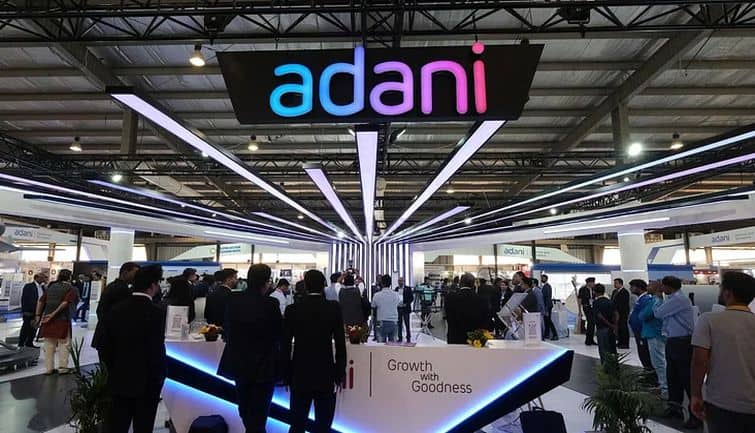Adani Group’s Controversial Deal in Kenya
Introduction: The Adani Group, led by billionaire Gautam Adani, is currently facing significant backlash in Kenya due to a controversial deal involving Jomo Kenyatta International Airport (JKIA), the nation’s primary airport. The deal has ignited protests, legal challenges, and extensive debates in the Senate, along with additional projects including the construction of vital power transmission lines. This situation unfolds amid ongoing scrutiny of the Adani Group’s financial practices, raising questions about transparency and governance.
Context of the Protests
Legal Challenges and Employee Strikes
A Kenyan court has already imposed a temporary injunction on Adani’s unsolicited bid for the expansion of JKIA, signaling the depth of the discontent. Airport employees, fearing job losses resulting from the deal, have staged strikes that significantly disrupted airport operations, impacting travelers and service delivery.
Transparency Concerns
Opposition leaders have raised serious allegations regarding the lack of transparency surrounding the deal. Governor Anyang Nyong’o, a prominent critic and leader of the Orange Democratic Movement, has expressed concerns about the government’s failure to disclose essential details about the agreement. He likened the situation to past instances in Kenya’s history where secretive deals have led to significant corruption scandals.
Government and Adani Group’s Defense
Response from Authorities
The Kenyan government has defended the agreement, asserting that it was formulated with transparency and compliance with Kenya’s Public Private Partnership Act of 2021. Transport Secretary Davis Chirchir attempted to address Senate inquiries but appeared without the necessary documentation to fully support his claims of transparency.
Adani’s Position
In response to the ongoing situation, a spokesperson for the Adani Group stated that the company has adhered to all legal requirements and that accusations regarding the deal’s legitimacy are unfounded. They have remained tight-lipped about specifics concerning the public-private partnerships, citing ongoing negotiations.
Major Implications of the Deal
Financial and Economic Considerations
The deal, valued at approximately $1.85 billion, is viewed by some as insufficient relative to the long-term concessions being offered to the Adani Group. Critics argue that the financial commitment from the Adani Group is minimal compared to the concessions that could affect Kenya’s sovereignty over its infrastructure.
Competing Developments in the Region
As Kenya grapples with this controversial deal, neighboring countries are aggressively pursuing their aviation and infrastructure development. Ethiopia is constructing what will be Africa’s largest airport with a $5 billion investment, while Rwanda is investing $2 billion in a new airport. This competitive backdrop raises questions about Kenya’s strategic position and the long-term sustainability of its partnerships.
Conclusion
The situation surrounding the Adani Group’s dealings in Kenya highlights significant concerns about governance, transparency, and national interests. As the Kenyan government and Adani Group stand firm on their positions, ongoing protests, legal challenges, and public discontent suggest that this issue will remain contentious. The outcomes of these events will undoubtedly influence the future of foreign investments in Kenya, as well as the broader geopolitical landscape in Africa.












